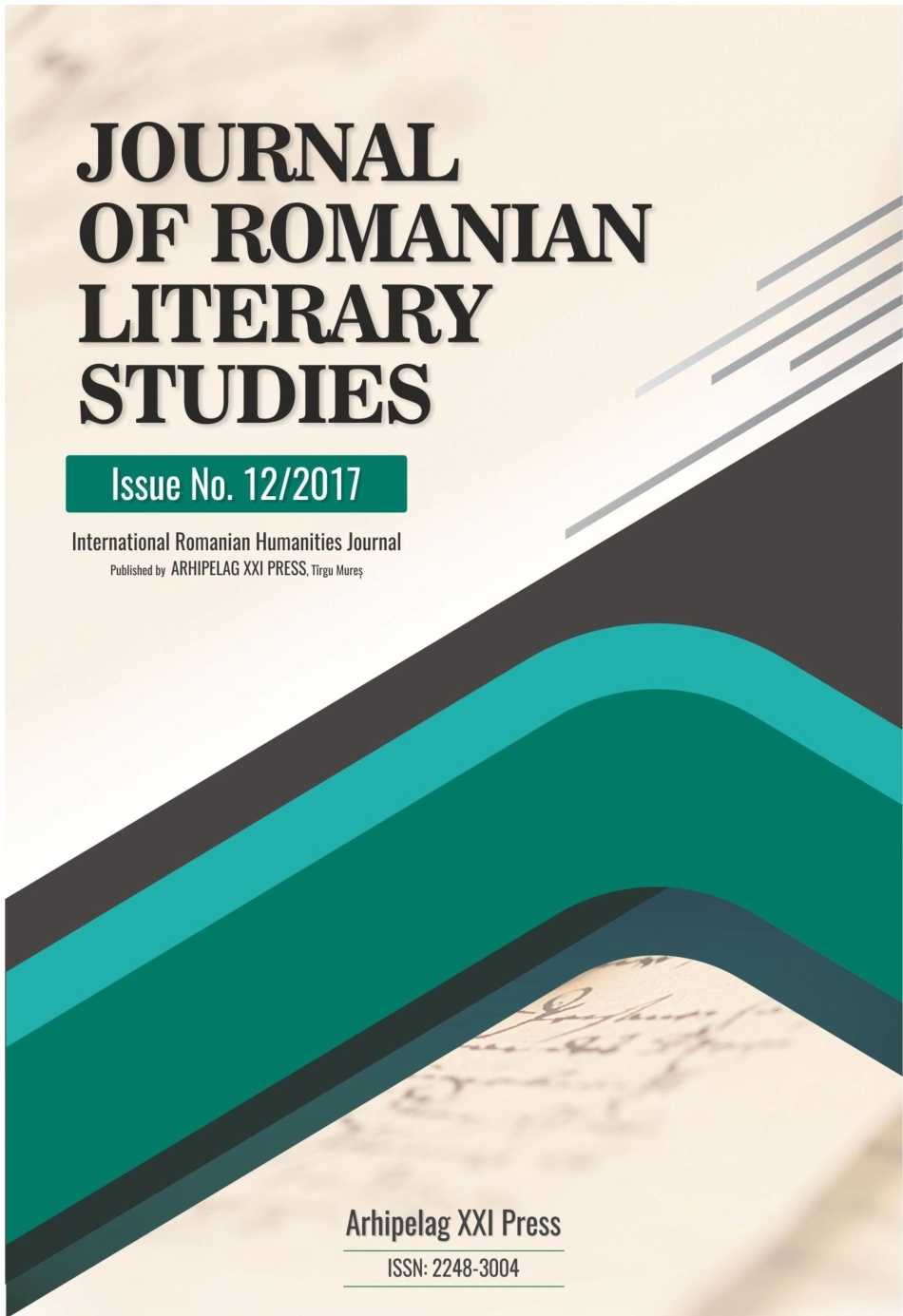THE NARRATIVE INSTANCE IN GIUSEPPE TOMASI DI LAMPEDUSA’S THE LEOPARD
THE NARRATIVE INSTANCE IN GIUSEPPE TOMASI DI LAMPEDUSA’S THE LEOPARD
Author(s): Anamaria MiloneanSubject(s): Studies of Literature, Theory of Literature
Published by: Editura Arhipelag XXI
Keywords: narrative instance; voice; poliphony; free indirect speech; deictic centre;
Summary/Abstract: This article sets out to illustrate the voice distribution mode in Giuseppe Tomasi di Lampedusa's novel The Leopard and the degree of insertion of the interior monologue of its protagonist, the Prince of Salina. It does so by pointing to the textual markers pertaining to the perceptive authority transfer and the stylistic virtues of the free indirect style in enunciation statements that raise new questions regarding the "voice' and 'vision' rapport. The free indirect speech involves the presence of two enunciating and hence of two deictic centres, a primary and a peripheral one, whose co-presence enhances textual ambiguity. Even though this is a mode of discourse which is "absorbed" by the narrator's discourse, the indirect speech of the main character features residual traces of the original enunciation. In evidence of this stand the various peripheral deictics, espressive and evaluative elements. The voice of the main character thus comes across the "welder" of the narrator's lines within the textual spaces that illustrate thematic areas significant for the global semantics of the text, conveying a poliphonic dimension to the novel, the kind that can account for the greatness of Lampedusa's style.
Journal: Journal of Romanian Literary Studies
- Issue Year: 2017
- Issue No: 12
- Page Range: 360-369
- Page Count: 10
- Language: Romanian

